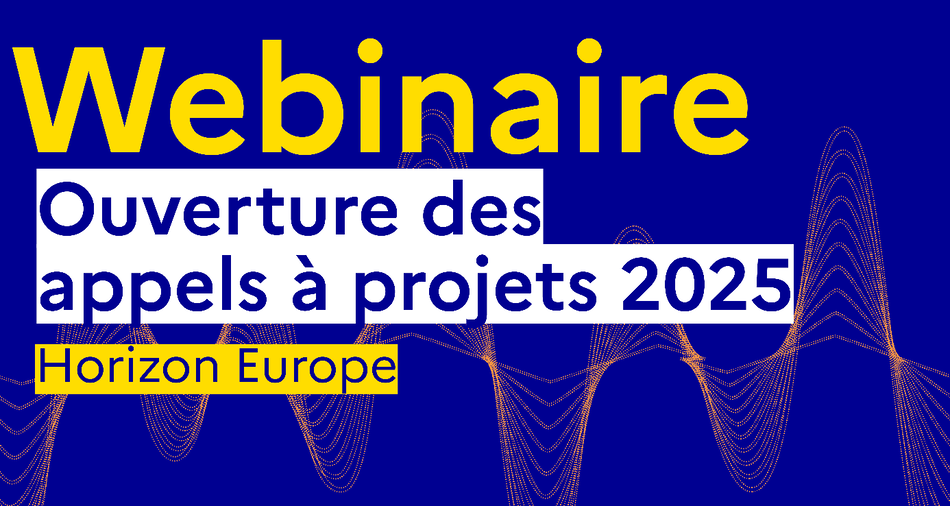ExpectedOutcome:
Successful proposals will support the objectives of the European Green Deal, including on climate change, of the common agricultural policy (CAP) and of the farm to fork strategy, notably its target to reach at least 25% of the EU’s agricultural land under organic farming by 2030. This topic addresses the necessity of organic farming producers for impartial and tailored knowledge on the management choices related to the needs, challenges or opportunities they experience. Successful proposals will speed up innovation and the uptake of results, and will contribute to effective Agriculture Knowledge and Innovation Systems (AKIS[1]).
Project results are expected to contribute to all of the following outcomes:
- Support for the implementation of the CAP’s cross-cutting objective of modernising the sector by fostering and sharing of knowledge, innovation and digitalisation in agriculture and rural areas, and encouraging their uptake[2] , as well as the objectives of the Action Plan for the Development of Organic Production[3] related to the promotion of best practices and synergies with EIP-AGRI projects, enhancing knowledge exchange and strengthening AKIS;
- Collection, distribution and dissemination to farmers of easily accessible practice-oriented knowledge focusing on organic farming, in particular the existing best practices and research findings that are ready to be put into practice;
- Increased flow of practical information between farmers in the EU and Associated Countries in a geographically balanced way;
- Greater user acceptance of collected solutions and a more intensive dissemination of existing knowledge.
Scope:
Transformative changes, such as the ones called for by the farm to fork strategy and the European Green Deal, are dynamic and complex processes. This is particularly the case of organic farming, a more knowledge-intensive approach compared to more conventional ones. This topic aims at supporting the achievement of the farm to fork strategy target of at least 25% of the EU's agricultural land under organic farming by 2030, for which knowledge and best practice exchange among farmers and across the EU and Associated Countries are fundamental, as it is recognised in the action plan for the development of organic production[4]. In this respect, it also aims to support climate change mitigation and adaptation, including carbon farming uptake. Despite the continued funding of scientific projects devoted specifically to address the challenges of organic farming, research findings are not sufficiently integrated into agricultural practice. Therefore, new knowledge and innovative ideas are not sufficiently shared with and adopted by organic farmers. Moreover, national and sectoral AKISs are insufficiently connected and organised to fully meet the challenge of intensifying thematic cooperation between researchers, advisors and farmers/foresters. The exchange of knowledge can foster economically viable and sustainable agriculture.
Proposals should focus on knowledge sharing that addresses the most urgent needs of organic farmers, involved in plant production and/or animal husbandry, for impartial and tailored knowledge on the management choices related to the needs, challenges or opportunities they experience in their specific contexts. The specific subthemes of the network should be chosen in a 'bottom-up' way. Proposals should focus on the cost/benefit aspects of the practices identified. End-user material for farmers should include conversion and business plans. The differences between countries/regions/territories should be duly taken into consideration.
In this context, proposals should:
- Describe comprehensively the state of available knowledge of organic farming practices on the chosen theme and justify the added-value and the relevance of the theme, and explaining how duplication with ongoing or completed projects and networks is avoided.
- Summarise, share and present – in a language that is easy to understand and is targeted to farmers – the existing best practices and research findings that are ready to be put into practice.
- Deliver an extensive range of useful, applicable and appealing material for organic farmers. This material should be easy to access and understand, making use of audio-visual material wherever possible, including also materials serving education and training. The material should feed into existing dissemination channels most consulted by farmers in the different countries.
- Provide “practice abstracts” in the common EIP-AGRI format, as well as other type of materials, to the European Innovation Partnership (EIP-AGRI) 'Agricultural Productivity and Sustainability', as well as to national/regional/local AKIS channels and to the EU-wide interactive knowledge reservoir (HORIZON-CL6-2021-GOVERNANCE-01-24).
- In addition to giving the details on the EIP Operational Groups which are strongly recommended to be involved[5], wherever possible and relevant to organic farming, provide also details on how further synergies will be built with future EIP Operational Groups and interactive innovation groups operating in the context of the EIP-AGRI.
- Ensure the long-term - beyond the project period - availability of the practical knowledge collected.
Proposals must implement the 'multi-actor approach', with a consortium based on a balanced mix of actors with complementary knowledge clearly building on organic farmers, farmers' groups and advisors, and should run for a minimum of 3 years. Proposals may organise 'cross-fertilisation' through sub-networks covering, for example, a region, a language or a production system, in order to better reach and capture knowledge from the targeted farmers and to address context-specific challenges. Outcomes should be widely spread beyond the organic farming community and reach also farmers involved in carbon farming, low-input farming, circular agriculture or agroecology.
Proposals should include a dedicated task, appropriate resources and a plan on how they will ensure synergies with the activities carried out by projects selected under the topic HORIZON-CL6-2023-GOVERNANCE-01-20: ‘Developing an EU advisory network on organic agriculture’, HORIZON-CL6-2024-FARM2FORK-02-1-two-stage: ‘Increasing the availability and use of non-contentious inputs in organic farming’, and HORIZON-CL6-2023-FARM2FORK-01-3: ‘Improving yields in organic cropping systems’ in this Work Programme.
[1]AKIS means the organisation and knowledge flows between persons, organisations and institutions who use and produce knowledge for agriculture and interrelated fields (Agricultural Knowledge and Innovation).
[2]Art 5 of the post 2020 CAP regulation.
[3]https://eur-lex.europa.eu/legal-content/EN/TXT/?uri=CELEX%3A52021DC0141R%2801%29.
[4]https://eur-lex.europa.eu/legal-content/EN/TXT/?uri=CELEX%3A52021DC0141R%2801%29.
[5]According to the requirements of the multi-actor approach.





